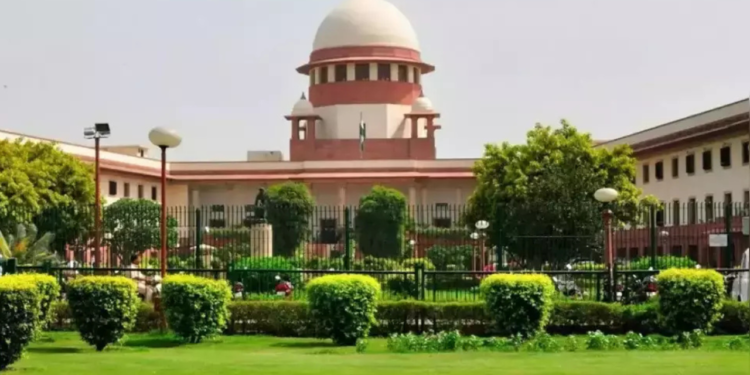The Supreme Court’s directive to the Union Territory of Jammu and Kashmir reflects broader judicial advocacy for uniformity and fairness in applying premature release policies across India. This lack of policy in Jammu and Kashmir has left life-term convicts like Anand Kumar Singh, who have served considerable prison time, without a structured pathway to appeal for early release based on incarceration duration. By addressing this policy gap, the Supreme Court aims to safeguard the rights of inmates and ensure equitable treatment within the legal framework.
In many Indian states and union territories, formal guidelines are in place for evaluating remission requests, typically considering factors such as the convict’s conduct in prison, the nature of the crime, time served, and rehabilitation efforts. These policies allow for a systematic and case-specific review, enabling authorities to make informed decisions regarding reintegrating reformed convicts into society. Jammu and Kashmir’s absence of a comparable policy places it at odds with these established practices, prompting the Court to encourage proactive policy formulation to ensure no undue delay or denial of relief for eligible prisoners.
During the hearing, the Supreme Court’s observations highlighted that a structured policy would not only guide judicial and executive discretion but also ensure a transparent and predictable process. This would allow convicts like Singh, who have served lengthy sentences and demonstrated good behavior, to have their appeals for early release considered under clear, consistent standards.
In emphasizing the need for a policy, the Supreme Court underscored that policy creation is a prerogative and responsibility of the State, meaning it should not rely on ad-hoc decisions in individual cases. Instead, an established policy would provide a roadmap for the convicts seeking release and the authorities reviewing their requests, balancing societal safety with justice and rehabilitation principles.
The Court’s decision to assign this responsibility to the Chief Secretary of Jammu and Kashmir aims to expedite the process. By involving the Chief Secretary directly, the Court has ensured that the policy discussion reaches the highest levels of administrative authority in the Union Territory. This emphasizes the urgency of the matter and signals a commitment to seeing concrete policy action.
The upcoming January 3, 2025, hearing will be a critical checkpoint for Jammu and Kashmir’s compliance with the Supreme Court’s directive. The Court’s requirement for a compliance report signifies its intent to monitor progress closely, emphasizing the need for timely policy development. This hearing will provide insights into the Union Territory’s response and readiness to align with national standards for handling premature release cases.
The legal representation in this case also underscored the gravity of the issue. Senior Advocate Ranjeet Kumar and a team of lawyers argued for the petitioner, Anand Kumar Singh, presenting a case that highlighted both the individual rights of the convict and the systemic need for policy reform. Meanwhile, the State’s counsel argued the government’s stance but acknowledged the lack of a policy, which ultimately reinforced the Court’s determination to address this gap.
This case sets a precedent for ensuring that all Indian states and union territories implement fair, consistent policies for assessing early release requests. It also reinforces the judiciary’s role in advocating for systemic reforms that uphold justice, transparency, and equality, fostering a legal environment where convicts have a structured opportunity to reintegrate into society based on the merits of their rehabilitation journey.

















